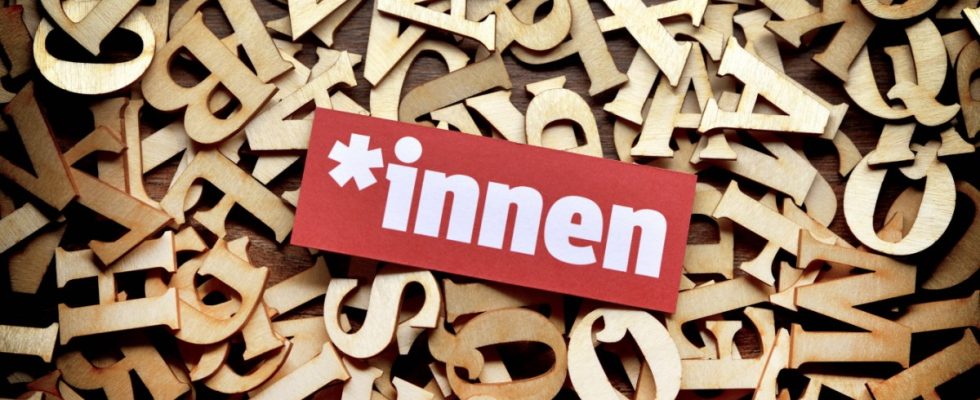The Council for German Spelling sticks to its recommendation from 2021 not to include any so-called internal characters in gendering in the spelling rules. After the meeting on Friday, it was said that the aim was to continue to monitor the development of gender-sensitive language with special characters such as gender asterisks and colons.
At the same time, the experts decided to include a supplementary passage on the subject of special characters in the Official Rules for Spelling, which states: “These inner-word characters are not part of the core of German orthography. (…) Their placement can lead to grammatical problems in various cases lead, which have not yet been clarified.” With this step, the internal characters would still not be included in the official regulations, but would be described as a phenomenon in the area of special characters.
Chairman Josef Lange said after the meeting in Eupen, Belgium, that the discussion in the council had been very controversial. There was no unanimous formation of opinion. The declarations of the Council from the years 2021 and 2018 are therefore still valid.
The body is to preserve the uniformity of spelling in the German-speaking area on behalf of government agencies. Most recently, in 2021, it recommended not including asterisks, underscores, colons or other forms to identify multi-gender designations in the middle of a word in the spelling rules. Gender-equitable spelling should not make learning the written German language more difficult, was the reason given at the time.
For years there has been a discussion in Germany as to whether – and if so, how – the masculine forms in the language can or should be replaced by broader terms, for example in order to include women more aggressively. The gender asterisk as with teachers is one possibility. Some put a colon or an underscore instead. In the spoken language and on television or radio, this is then expressed as a pause in speaking. The debate about the use of gender language has meanwhile become a highly politicized topic, with which the tabloid media, but also politicians, create atmosphere and election campaigns.

